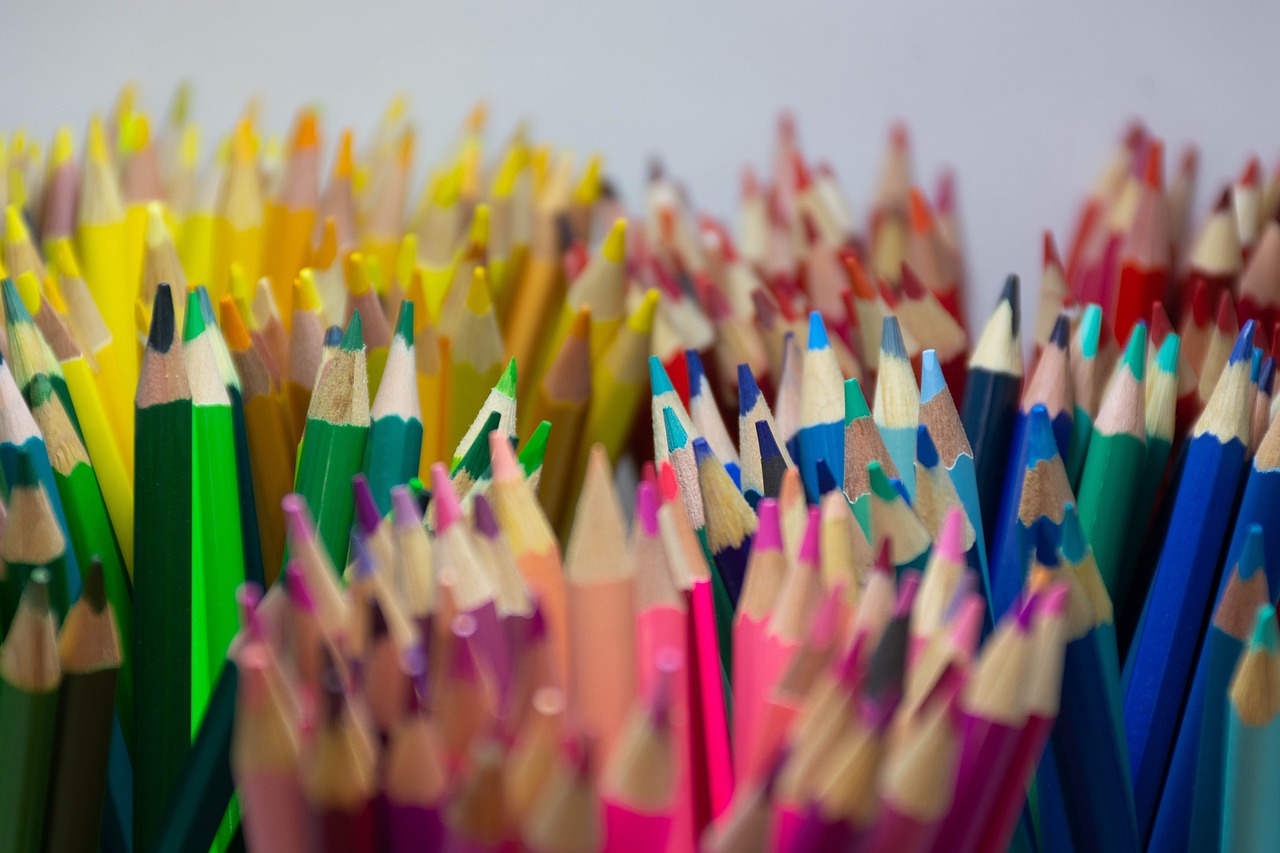Education for Peacebuilding and Conflict Resolution
Social emotional learning plays a crucial role in peacebuilding efforts around the world. By fostering emotional intelligence, empathy, and conflict resolution skills, individuals are better equipped to navigate and manage complex interpersonal dynamics. In conflict-affected areas, these soft skills are particularly valuable in promoting understanding, tolerance, and cooperation among diverse communities.
Furthermore, social emotional learning helps individuals develop a sense of self-awareness and social awareness, which are essential for building positive relationships and fostering a sense of belonging within communities. By cultivating emotional regulation and communication skills, individuals are empowered to effectively address disagreements and work towards solutions that benefit all parties involved. In this way, social emotional learning acts as a foundation for sustainable peacebuilding practices that prioritize collaboration and mutual respect.
Understanding the Roots of Conflict
Conflict is a complex phenomenon that often arises from a variety of intertwined factors. At its core, conflict can stem from differences in values, beliefs, interests, or identities between individuals or groups. These differences can create tension and lead to misunderstandings, ultimately escalating into conflict.
In addition to individual or group differences, structural issues such as unequal distribution of resources, power dynamics, and historical grievances can also play a significant role in the emergence and perpetuation of conflict. These structural factors can create conditions that fuel resentment, inequality, and injustice, contributing to the escalation of conflicts. Understanding these root causes is essential in developing effective strategies for conflict resolution and peacebuilding.
Promoting Intercultural Understanding in Education
In today’s diverse and interconnected world, fostering intercultural understanding in education is more crucial than ever. By providing students with opportunities to learn about different cultures, traditions, and perspectives, educators can help cultivate empathy, respect, and appreciation for diversity. Through meaningful interactions and exposure to various worldviews, students can develop the skills needed to navigate a multicultural society with sensitivity and openness.
Intercultural education can also play a significant role in promoting global citizenship and peacebuilding. When students learn to value and respect cultural differences, they are better equipped to address biases and prejudices, building bridges of understanding across communities and nations. By embracing diversity and encouraging dialogue, educational institutions can empower the next generation to become active agents of positive change in an increasingly complex and interconnected world.
Why is promoting intercultural understanding important in education?
Promoting intercultural understanding in education helps foster empathy, respect, and cooperation among individuals from different cultural backgrounds. It promotes a sense of global citizenship and helps create a more inclusive and peaceful society.
How can social emotional learning contribute to peacebuilding?
Social emotional learning helps individuals develop skills such as self-awareness, empathy, and conflict resolution, which are essential for building positive relationships and resolving conflicts peacefully. By promoting social emotional learning in education, we can create a more harmonious and understanding society.
What are the roots of conflict and how can we address them?
The roots of conflict often stem from misunderstandings, prejudice, and lack of communication between different cultural groups. By promoting intercultural understanding, addressing biases, and promoting dialogue and empathy, we can work towards resolving conflicts and building a more peaceful world.







